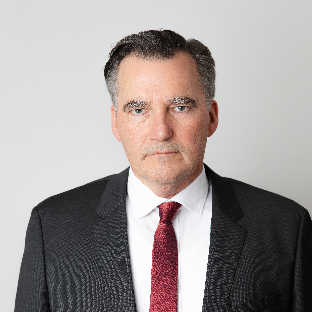The Andrews Labor Government will establish a dedicated sobering centre in Collingwood, keeping people who are intoxicated in public safe by treating public drunkenness as a health issue, not a crime.
Set to be located at 3 Cambridge Street, the 20-bed centre is part of a new health-led response model following the passing of legislation to decriminalise public drunkenness that will see the current offence transition away from a justice-based response in November this year.
This model will see outreach services supporting people who are intoxicated in public, and if needed, providing transport to a safe place to rest and sober up. For many people, this will be their own home or that of a family member, friend, or carer – for others, it will be the sobering centre where they can recover and receive support.
Specially trained staff will work alongside local health and social support services to ensure people using the centre can also access critical services for concerns such as alcohol and other drugs, family violence, homelessness, mental health and wellbeing, or financial difficulties.
Ambulance Victoria and Victoria Police will continue to provide a response in instances of public intoxication where there are emergency health concerns or community safety is at risk.
Emergency services and other referrals to the new public intoxication services will come via a dedicated phone line and people may be transported to the sobering centre via outreach teams, or by walking into the service.
cohealth has been appointed to deliver the general services stream of the health-led response, including outreach and transport services in metropolitan Melbourne, and operating the sobering centre service in Collingwood.
Construction on the centre is set to get underway soon with the Collingwood site chosen for its proximity to the CBD and to meet the location’s high demand for public intoxication services. Situated close to public transport and St Vincent’s Hospital, it will also ensure accessibility for those requiring outreach services across metro Melbourne.
Additional health-led outreach and sobering services for Aboriginal people will also be established across the state – the direct result of a recommendation handed down in the coronial inquest into the tragic death of Yorta Yorta woman Tanya Day in 2017.
Developed alongside health experts, Aboriginal communities and Ms Day’s family, these reforms respond to tireless Aboriginal community advocacy and action, key recommendations from the Royal Commission into Aboriginal Deaths in Custody and the Ms Day’s coronial inquest.
The Labor Government has invested nearly $120 million to establish these reforms and provide safer pathways to help people who are intoxicated in public.
As stated by Minister for Mental Health Gabrielle Williams
“For too long, public drunkenness laws have caused great pain to some of our community’s most vulnerable – these health-led reforms strike the right balance between supporting people who are intoxicated and community safety.”
“There is still a lot of work to do, but there is no doubt these services will save lives – by listening directly to the Aboriginal community we will be able to deliver culturally appropriate services focused on care, not punishment.”








